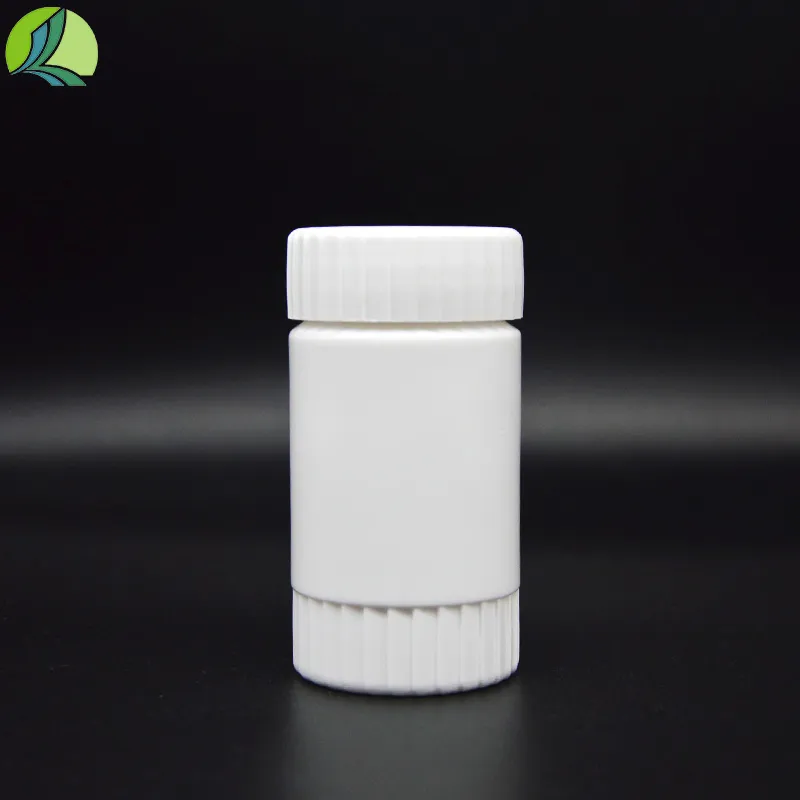
-
 Afrikaans
Afrikaans -
 Albanian
Albanian -
 Amharic
Amharic -
 Arabic
Arabic -
 Armenian
Armenian -
 Azerbaijani
Azerbaijani -
 Basque
Basque -
 Belarusian
Belarusian -
 Bengali
Bengali -
 Bosnian
Bosnian -
 Bulgarian
Bulgarian -
 Catalan
Catalan -
 Cebuano
Cebuano -
 Corsican
Corsican -
 Croatian
Croatian -
 Czech
Czech -
 Danish
Danish -
 Dutch
Dutch -
 English
English -
 Esperanto
Esperanto -
 Estonian
Estonian -
 Finnish
Finnish -
 French
French -
 Frisian
Frisian -
 Galician
Galician -
 Georgian
Georgian -
 German
German -
 Greek
Greek -
 Gujarati
Gujarati -
 Haitian Creole
Haitian Creole -
 hausa
hausa -
 hawaiian
hawaiian -
 Hebrew
Hebrew -
 Hindi
Hindi -
 Miao
Miao -
 Hungarian
Hungarian -
 Icelandic
Icelandic -
 igbo
igbo -
 Indonesian
Indonesian -
 irish
irish -
 Italian
Italian -
 Japanese
Japanese -
 Javanese
Javanese -
 Kannada
Kannada -
 kazakh
kazakh -
 Khmer
Khmer -
 Rwandese
Rwandese -
 Korean
Korean -
 Kurdish
Kurdish -
 Kyrgyz
Kyrgyz -
 Lao
Lao -
 Latin
Latin -
 Latvian
Latvian -
 Lithuanian
Lithuanian -
 Luxembourgish
Luxembourgish -
 Macedonian
Macedonian -
 Malgashi
Malgashi -
 Malay
Malay -
 Malayalam
Malayalam -
 Maltese
Maltese -
 Maori
Maori -
 Marathi
Marathi -
 Mongolian
Mongolian -
 Myanmar
Myanmar -
 Nepali
Nepali -
 Norwegian
Norwegian -
 Norwegian
Norwegian -
 Occitan
Occitan -
 Pashto
Pashto -
 Persian
Persian -
 Polish
Polish -
 Portuguese
Portuguese -
 Punjabi
Punjabi -
 Romanian
Romanian -
 Russian
Russian -
 Samoan
Samoan -
 Scottish Gaelic
Scottish Gaelic -
 Serbian
Serbian -
 Sesotho
Sesotho -
 Shona
Shona -
 Sindhi
Sindhi -
 Sinhala
Sinhala -
 Slovak
Slovak -
 Slovenian
Slovenian -
 Somali
Somali -
 Spanish
Spanish -
 Sundanese
Sundanese -
 Swahili
Swahili -
 Swedish
Swedish -
 Tagalog
Tagalog -
 Tajik
Tajik -
 Tamil
Tamil -
 Tatar
Tatar -
 Telugu
Telugu -
 Thai
Thai -
 Turkish
Turkish -
 Turkmen
Turkmen -
 Ukrainian
Ukrainian -
 Urdu
Urdu -
 Uighur
Uighur -
 Uzbek
Uzbek -
 Vietnamese
Vietnamese -
 Welsh
Welsh -
 Bantu
Bantu -
 Yiddish
Yiddish -
 Yoruba
Yoruba -
 Zulu
Zulu
Common Applications of Reagent Bottles in Chemistry Labs and Experiments
Reagent Bottle Uses in Chemistry
In the realm of chemistry, precision and organization are paramount. Among the numerous tools and containers employed by chemists, reagent bottles stand out as essential vessels for storing, handling, and utilizing various chemical substances. Reagent bottles, typically made of glass or durable plastics, serve a multitude of purposes in both laboratory and industrial settings.
Reagent Bottle Uses in Chemistry
Reagent bottles come in a range of sizes, from small vials to larger containers, to accommodate various quantities of chemicals. This versatility allows chemists to purchase and store reagents according to their needs for experiments or production processes. Moreover, many reagent bottles feature standardized neck sizes to fit common laboratory closures, such as stoppers or screw caps, ensuring airtight sealing. This airtight design is vital for preventing contamination and degradation of the stored substances, thereby maintaining their quality and efficacy over time.
reagent bottle uses in chemistry

Labeling is another crucial aspect of using reagent bottles. Properly labeling each bottle with the chemical name, concentration, and hazard information ensures safe handling and storage practices. Clear labeling minimizes the risk of accidents, such as the accidental mixing of incompatible chemicals, which can lead to dangerous reactions. In laboratories where numerous substances are handled daily, efficient labeling becomes essential not only for safety but also for efficiency during experimental procedures.
In addition to storage, reagent bottles are extensively used during experiments and procedures as measuring containers. Chemists utilize these bottles to prepare solutions, carry out titrations, or mix reagents for reactions. The capacity to accurately measure and dispense specific volumes of chemicals aids in conducting experiments reliably and reproducibly. Many modern reagent bottles are equipped with graduated markings that provide a clear indication of the volume contained, further enhancing their usability in quantitative analysis.
The use of reagent bottles extends beyond academic and research laboratories to industrial applications as well. In the manufacturing of pharmaceuticals, agrochemicals, and specialty chemicals, these bottles play a crucial role in the production process. They facilitate the storage and transfer of reactive intermediates and final products while ensuring compliance with safety standards.
In summary, reagent bottles are indispensable tools in the field of chemistry, facilitating secure storage, efficient handling, and precise measurement of various chemical substances. Their design, suitability for diverse applications, and importance in safety protocols underscore their vital role in both laboratory and industrial environments. As the field of chemistry continues to evolve, the significance of reagent bottles remains steadfast, adapting to the changing needs of researchers and industries alike.
-
PTFE Centrifuge Tubes - Chemical Resistant, Leak-proof, Ideal for Laboratory UseNewsJul.05,2025
-
Premium Metal Dropper Bottle for Precise Dispensing 250ml & 1ml Options AvailableNewsJul.04,2025
-
20 ml Headspace Vials - High Quality Polyethylene & Plastic Vials for Lab UseNewsJul.04,2025
-
Small Bottle with Pipette - Precise Dispensing 100ml Pipette Bottles for Essential Oils & Lab UseNewsJun.24,2025
-
Acetic Anhydride Bottle for Accurate Dropper Measurement in Pharmacy Use High-Quality Dropper BottlesNewsJun.10,2025
-
Innovative PET Bottle Design for Juice – Unique Shapes & Customization OptionsNewsJun.10,2025






















